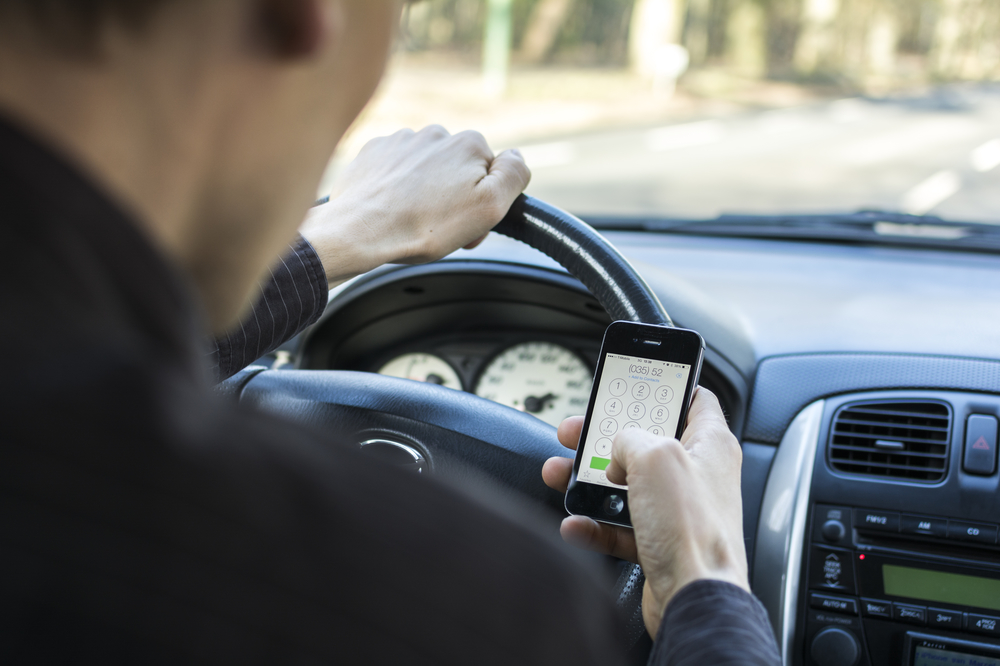Council of State sounds alarm over 10% increase in traffic fines

Caretaker justice minister Dilan Yesilgöz has been criticised by the Council of State for raising traffic fines by 10% to close a gap in the budget.
The administrative body said fines for offences such as speeding, driving through red lights and using mobile phones behind the wheel should be aimed at improving road safety rather than balancing the books.
“The level of the fine should be in relation to the nature and severity of the traffic offence,” the Council of State said in a statement.
“Increasing the fines should have the same aim. Since there is no indication of this, it calls into question whether the fines are reasonable.”
Yesilgöz said in September in a letter to parliament that she was raising the fines in part to avoid the need to cut the budget for the police or prosecution department (Openbare Ministerie), admitting it was “not ideal” as a solution.
She said: “We need to find money in our budget and I had to choose between making cuts in the police, the prosecution service, prevention and youth crime, or put it into the fines? So that’s the choice I made.”
If the fines had increased purely to reflect inflation they would have gone up by 6%, following an 8.6% rise this year.
Prosecutors critical
The prosecution department also criticised the minister’s reasoning, pointing out that administrative fines had risen by 150% in the last 25 years while fines imposed through the justice system were 75% higher.
From January 1 the fine for illegal parking will rise to €120, driving through a red light will cost €300 and holding a mobile phone while driving will attract a penalty of €420.
Speeding fines are going up by the same amount, ranging from €32 for driving 5km/h too fast on a motorway to €421 for exceeding the 50km/h limit in built-up areas by 30km/h. Higher speeds are dealt with by the courts.
The Council of State pointed out that the 10% increase risked distorting the relationship between the administrative fines and those imposed by the courts.
“The fine for driving 30 km/h too fast in built-up areas (administrative fine), for example, is higher than the fine for driving 31 km/h too fast (criminal fine),” it said.
“These differences will diminish public support and lead to more challenges in the courts.”
Thank you for donating to DutchNews.nl.
We could not provide the Dutch News service, and keep it free of charge, without the generous support of our readers. Your donations allow us to report on issues you tell us matter, and provide you with a summary of the most important Dutch news each day.
Make a donation